The Shifting Geopolitical Landscape: Russia's Military Influence In Europe

Table of Contents
Historical Context: The Evolution of Russia's Military Power in Europe
Russia's military presence and influence in Europe has deep historical roots, evolving significantly from the Soviet era to the present day. Understanding this evolution is key to grasping the current geopolitical situation.
-
The Cold War and the Warsaw Pact: The Soviet Union's military power was a defining feature of the Cold War, with the Warsaw Pact serving as a counterbalance to NATO. This period saw the establishment of a substantial Soviet military presence in Eastern Europe, impacting the region's security architecture for decades. The development of nuclear weapons further amplified Soviet, and subsequently Russian, military influence.
-
Post-Soviet Military Reforms and Restructuring: The collapse of the Soviet Union in 1991 led to significant military reforms and restructuring within Russia. The reduction in troop numbers and the challenges of economic transition impacted Russia's military capabilities in the 1990s. However, subsequent efforts focused on modernizing the armed forces and increasing military spending.
-
Key Military Interventions and Conflicts: Russia's military interventions in Chechnya (1994-1996 & 1999-2009), Georgia (2008), and the annexation of Crimea (2014) demonstrate its willingness to use military force to achieve its geopolitical objectives. These actions have significantly impacted Russia's relationship with the West and raised concerns about its regional ambitions.
-
The Development of Russia's Nuclear Arsenal and its Strategic Implications: Russia retains a substantial nuclear arsenal, a key element of its military strength and a significant factor in its geopolitical leverage. The modernization of this arsenal continues to be a source of concern for international security. The potential for nuclear escalation remains a significant threat.
Current Military Capabilities: Assessing Russia's Strengths and Weaknesses
Assessing Russia's current military capabilities requires a nuanced understanding of its strengths and weaknesses across different domains. While possessing a formidable military, Russia faces challenges in several key areas.
-
Analysis of the Russian military's technological advancements and limitations: Russia has invested significantly in modernizing its military, particularly in areas such as hypersonic weapons and cyber warfare. However, gaps remain in areas such as precision-guided munitions and advanced military technology compared to NATO members.
-
Assessment of Russia's conventional military strength compared to NATO members: While Russia possesses a large standing army, its conventional military strength is not uniformly superior to that of NATO members. NATO's collective military power, technological sophistication, and integrated command structures represent a formidable challenge to Russia.
-
Discussion of Russia's cyber warfare capabilities and their impact: Russia's cyber warfare capabilities have been demonstrated in various instances, highlighting their potential for disruption and destabilization. These capabilities pose a significant threat, requiring robust cybersecurity measures to mitigate the risks.
-
Examination of the logistical and supply chain challenges faced by the Russian military: The ongoing conflict in Ukraine has highlighted significant logistical and supply chain challenges facing the Russian military, impacting its operational effectiveness.
The Ukraine Conflict: A Case Study of Russia's Military Influence
The 2022 invasion of Ukraine serves as a crucial case study for analyzing Russia's military influence and capabilities.
-
Assessment of the performance of Russian military equipment and personnel: The war has exposed vulnerabilities in Russian military equipment and the training and preparedness of its personnel, contradicting prior assumptions about its military prowess.
-
Analysis of the impact of Western sanctions on Russia's military capabilities: Western sanctions have had a significant impact on Russia's economy and military capabilities, affecting its access to technology and essential components.
-
Discussion of the implications of the conflict for the future of European security: The conflict has fundamentally altered the European security landscape, prompting increased military spending and a reevaluation of defense strategies across the continent.
-
Examination of the role of mercenaries and private military companies: The involvement of mercenaries and private military companies in the conflict raises important questions about accountability, international law, and the blurring lines between state and non-state actors.
Geopolitical Implications: The Impact of Russia's Military Influence on European Security
Russia's military actions and influence have far-reaching geopolitical implications for European security.
-
The impact on NATO and European Union defense strategies: The conflict in Ukraine has spurred renewed focus on NATO's collective defense and has led to increased defense spending across Europe.
-
The effect on regional stability and international relations: Russia's actions have severely damaged trust and strained relations with Western nations, contributing to heightened tensions and uncertainty within the international community.
-
The implications for energy security and economic interdependence: Russia's role as a major energy supplier to Europe has amplified the interconnectedness between energy security and geopolitical stability.
-
The humanitarian consequences of Russia's military actions: The conflict has resulted in a significant humanitarian crisis, with widespread displacement, loss of life, and destruction of infrastructure.
Future Projections: Anticipating Russia's Military Role in Europe
Predicting Russia's future military role in Europe is challenging, yet crucial for informed decision-making.
-
Analysis of potential future military conflicts and their regional implications: The potential for further military escalation in the region, including conflicts involving neighboring states, remains a significant concern.
-
Discussion of the potential for further military modernization and expansion by Russia: Despite setbacks in Ukraine, Russia is likely to continue its military modernization efforts, aiming to improve its capabilities and address weaknesses exposed by the conflict.
-
Examination of the role of diplomacy and international cooperation in mitigating the risks: Diplomacy and international cooperation will be crucial in de-escalating tensions and preventing further conflicts in Europe.
-
Assessment of the long-term effects on European security architecture: The conflict in Ukraine is reshaping European security architecture, leading to a strengthening of NATO and a renewed emphasis on collective defense.
Conclusion
This article has explored the multifaceted nature of Russia's military influence in Europe, examining its historical roots, current capabilities, and future implications. The invasion of Ukraine has undeniably highlighted the significant challenges posed by Russia's military actions, demanding a reassessment of European security strategies. Understanding the complexities of Russia's military power is paramount for safeguarding European stability and building a more secure future. Further research into Russia's military influence in Europe is crucial to inform policy decisions and ensure effective responses to evolving threats. Continue your exploration of Russia's military influence in Europe to stay informed about this critical geopolitical issue.

Featured Posts
-
 Middle Management Bridging The Gap Between Leadership And Employees For Optimal Results
Apr 29, 2025
Middle Management Bridging The Gap Between Leadership And Employees For Optimal Results
Apr 29, 2025 -
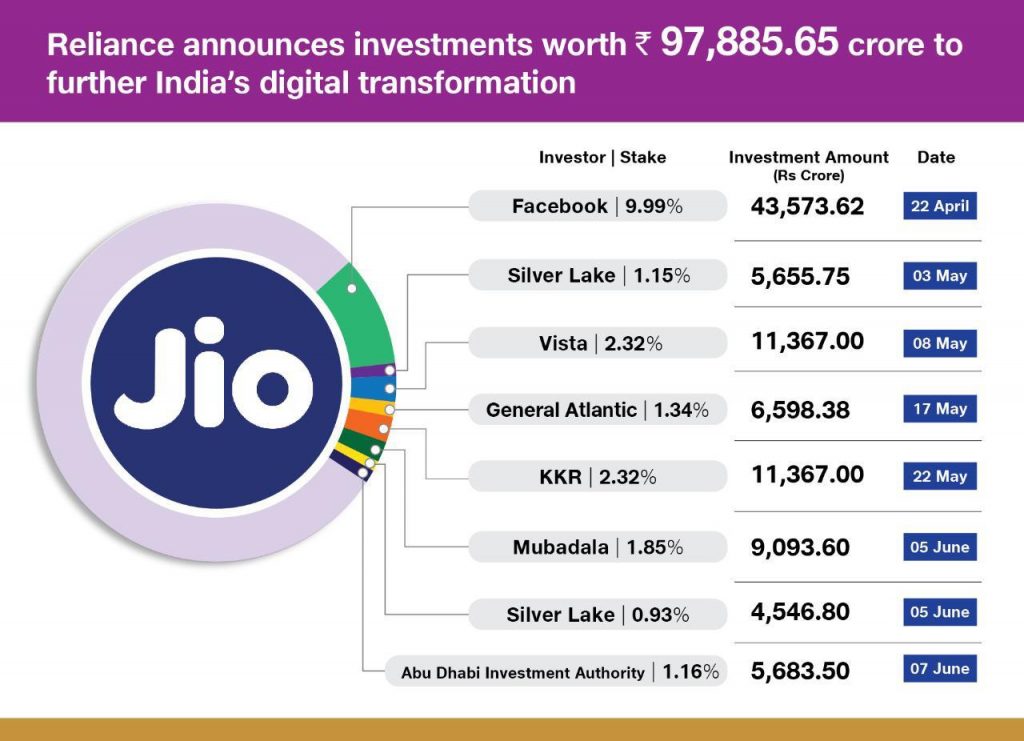 Indias Large Cap Stocks Reliance Earnings Impact And Market Analysis
Apr 29, 2025
Indias Large Cap Stocks Reliance Earnings Impact And Market Analysis
Apr 29, 2025 -
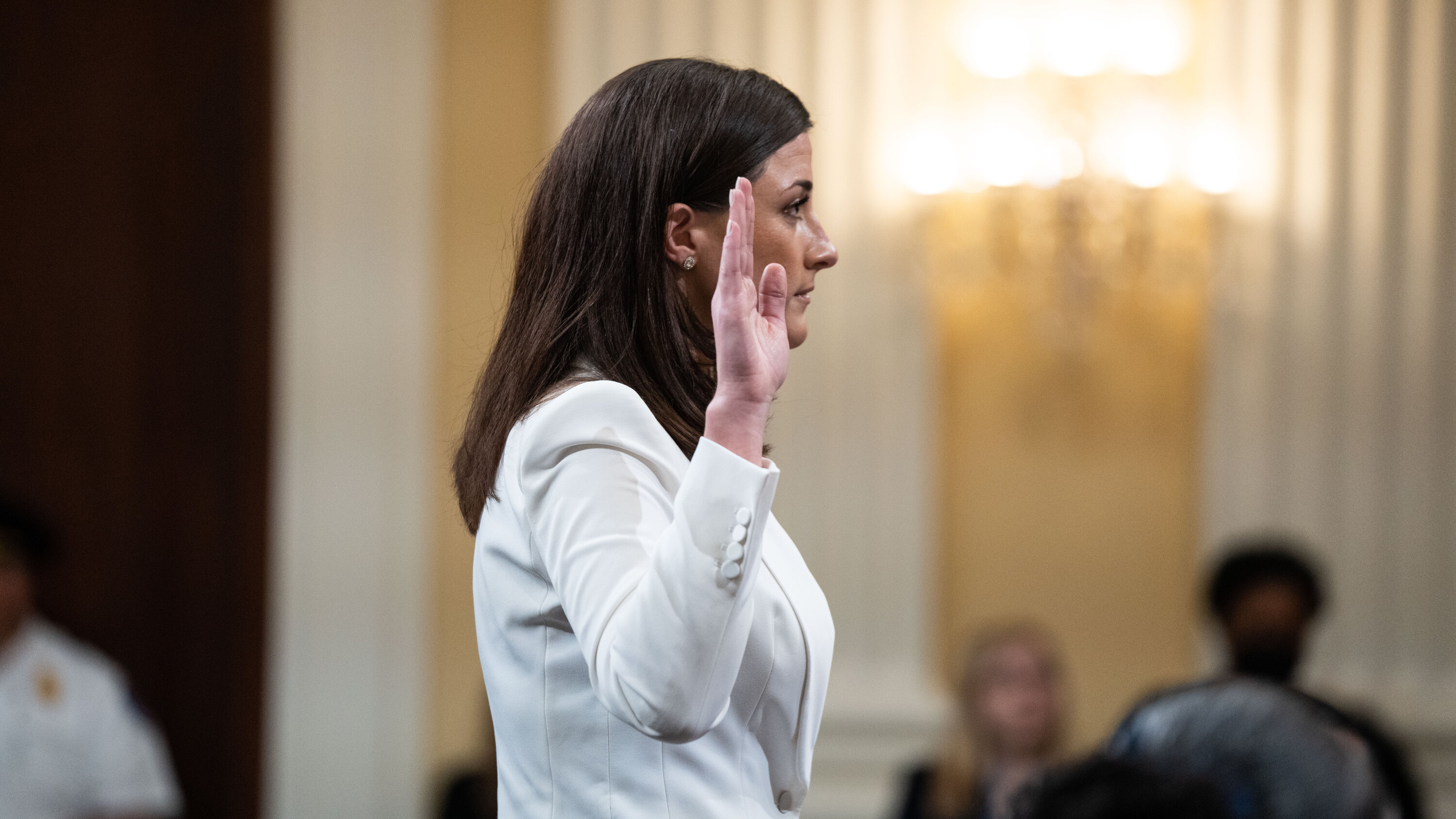 Jan 6 Hearing Witness Cassidy Hutchinson To Publish Memoir This Fall
Apr 29, 2025
Jan 6 Hearing Witness Cassidy Hutchinson To Publish Memoir This Fall
Apr 29, 2025 -
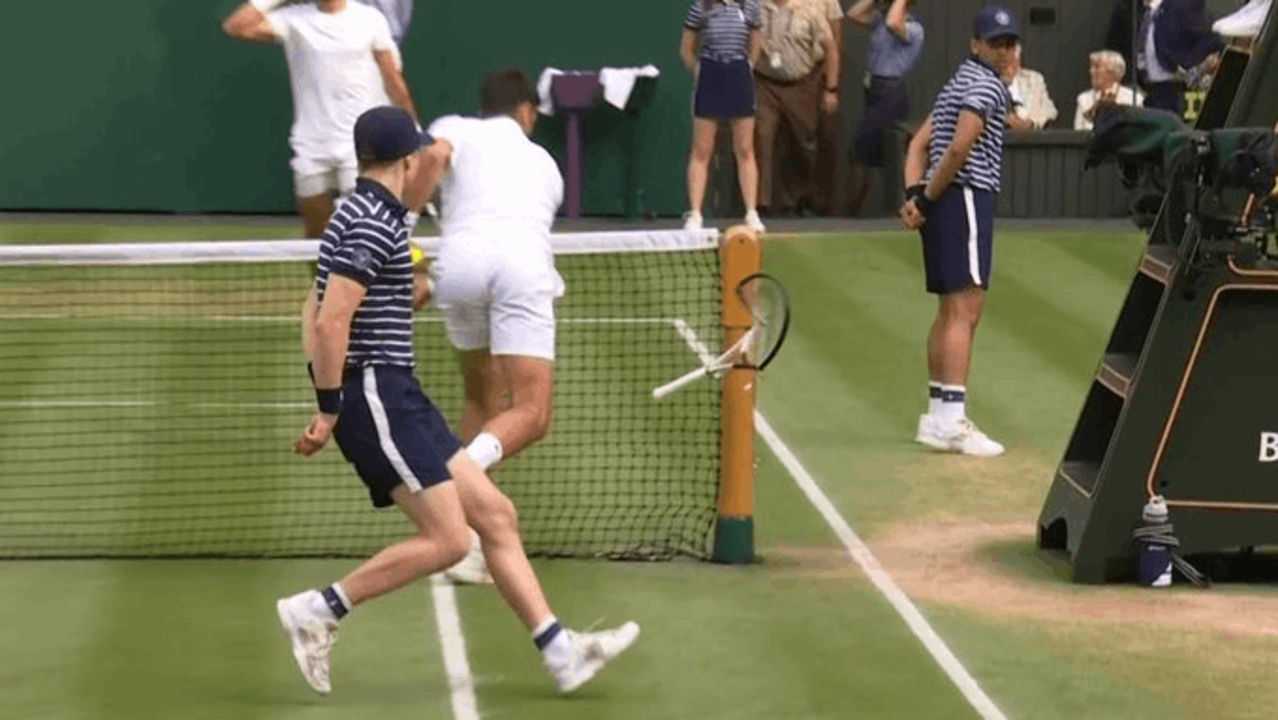 Novak Djokovic Suffers Straight Sets Defeat To Alejandro Tabilo In Monte Carlo
Apr 29, 2025
Novak Djokovic Suffers Straight Sets Defeat To Alejandro Tabilo In Monte Carlo
Apr 29, 2025 -
 Nyt Strands Game 422 Hints And Answers For Tuesday April 29th
Apr 29, 2025
Nyt Strands Game 422 Hints And Answers For Tuesday April 29th
Apr 29, 2025
Latest Posts
-
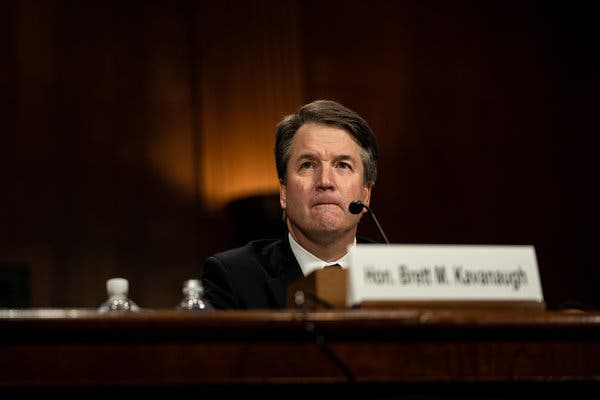 Cardinals New Revelations Allegations Of Prosecutorial Misconduct In The Trial Of The Century
Apr 29, 2025
Cardinals New Revelations Allegations Of Prosecutorial Misconduct In The Trial Of The Century
Apr 29, 2025 -
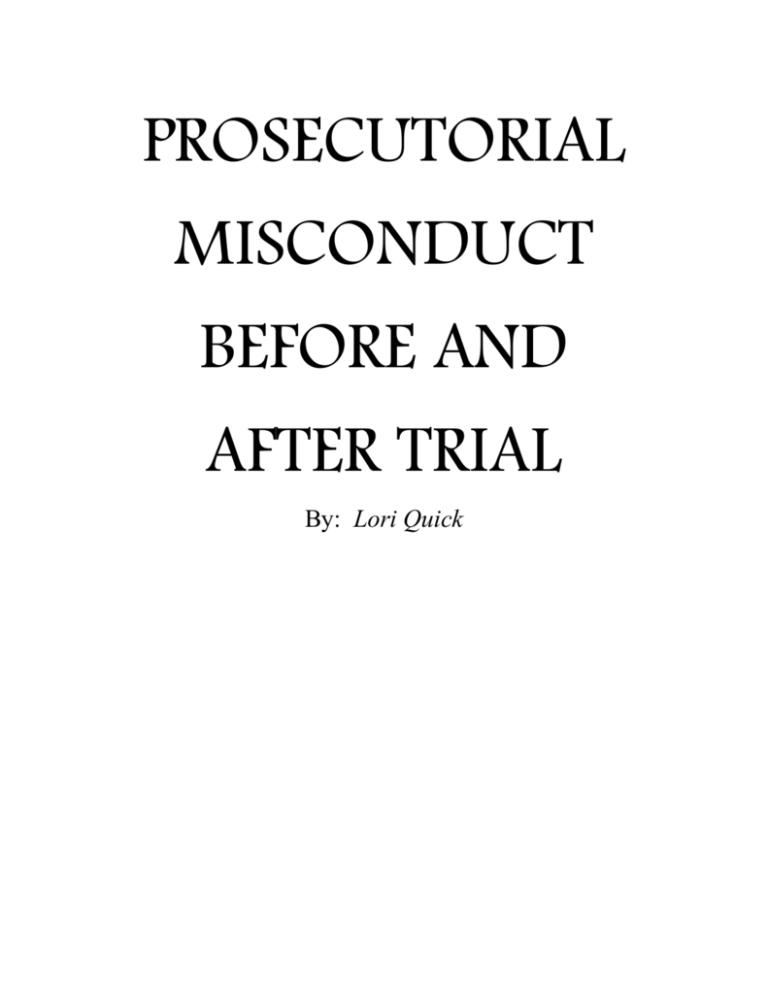 Cardinal Claims New Evidence Exposes Prosecutorial Misconduct In Trial Of The Century
Apr 29, 2025
Cardinal Claims New Evidence Exposes Prosecutorial Misconduct In Trial Of The Century
Apr 29, 2025 -
 Finding Nostalgia On You Tube Older Viewers Share Their Experiences
Apr 29, 2025
Finding Nostalgia On You Tube Older Viewers Share Their Experiences
Apr 29, 2025 -
 Returning To Beloved Shows How You Tube Caters To Older Viewers
Apr 29, 2025
Returning To Beloved Shows How You Tube Caters To Older Viewers
Apr 29, 2025 -
 London Real Estate Fraud British Court Upholds Vaticans Claim
Apr 29, 2025
London Real Estate Fraud British Court Upholds Vaticans Claim
Apr 29, 2025
